Can't grow beets!?
catsgurleygirl
11 years ago
Featured Answer
Comments (14)
jolj
11 years agosunnibel7 Md 7
11 years agoRelated Professionals
Horsham Landscape Architects & Landscape Designers · Parole Landscape Architects & Landscape Designers · Newcastle Landscape Architects & Landscape Designers · Elgin Landscape Contractors · Mooresville Landscape Contractors · Woburn Landscape Contractors · Brockton Landscape Contractors · Danvers Landscape Contractors · Maywood Landscape Contractors · Quincy Landscape Contractors · Ronkonkoma Landscape Contractors · Santa Maria Landscape Contractors · Northlake Landscape Contractors · Brenham Driveway Installation & Maintenance · Morgan Hill Driveway Installation & Maintenanceeahamel
11 years agocatsgurleygirl
11 years agomacky77
11 years agodonna_in_sask
11 years agodonna_in_sask
11 years agotedposey
11 years agoglib
11 years agodancinglemons
11 years agopnbrown
11 years agooliveoyl3
11 years agoqbush
11 years ago
Related Stories
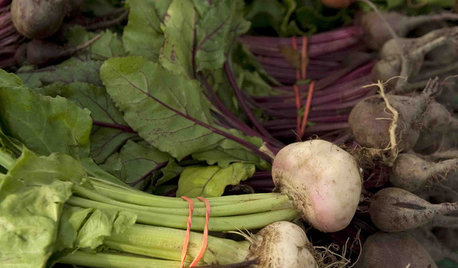
FARM YOUR YARDCool-Season Vegetables: How to Grow Beets
Give canned versions of this fall and spring garden favorite the heave-ho and discover its true flavor and colors
Full Story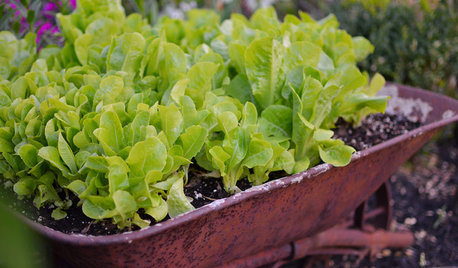
GARDENING GUIDESYes, You Can Grow Food in a Shady Yard
Your shady garden doesn’t have to be forever barren. Berries, herbs and other shade-loving plants can produce a delicious bounty
Full Story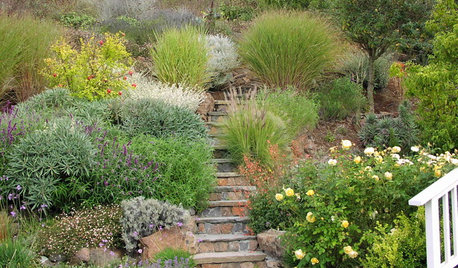
GARDENING GUIDESYes, You Can Grow an Edible Garden on a Hot, Dry Site
Difficult garden spots don’t need to deter you from planting trees, herbs and other delicious food plants
Full Story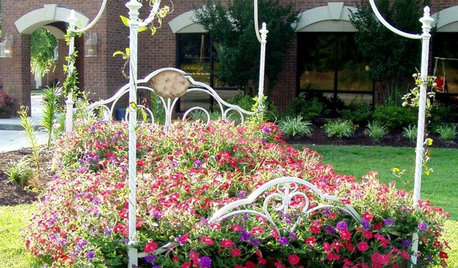
CONTAINER GARDENSYes, You Can Grow a Plant In That
You can upcycle your old typewriter, paint cans, tires and many more things into places for your plants
Full Story
FALL GARDENING5 Fall Fruits You Can Grow in Containers
Brighten your porch or patio with a potted pomegranate, kumquat, blueberry bush or another great fall fruit
Full Story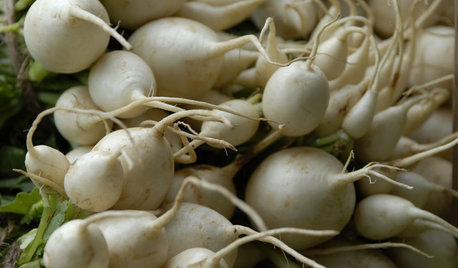
GARDENING GUIDESCool-Season Vegetables: How to Grow Turnips
Sweeter after a taste of frost, these often-overlooked root vegetables can be a surprisingly tasty part of your fall garden
Full Story0
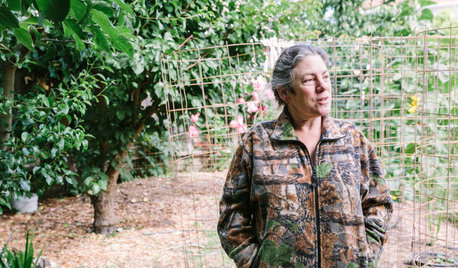
FARM YOUR YARDTo Get the Food They Believe In, These Urbanites Grow Their Own
Home gardeners farming on their city lots find that local, organic food isn’t the only reward
Full Story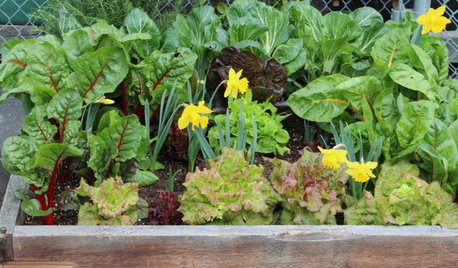
FARM YOUR YARDGrow a Kitchen Garden in 16 Square Feet
Got a sunny 4-by-4 space? You can make meals more interesting with your own vegetables and herbs
Full Story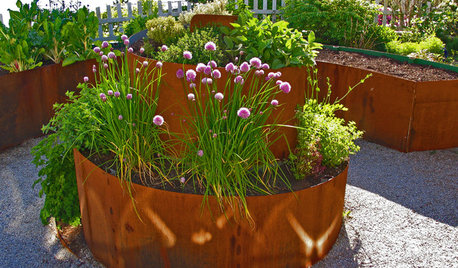
URBAN GARDENSContainers Make Growing Edibles a Cinch
If life hands you a lack of land, grow lemons — with a few basics, you can proudly reap the fruits, veggies and herbs of your labor
Full Story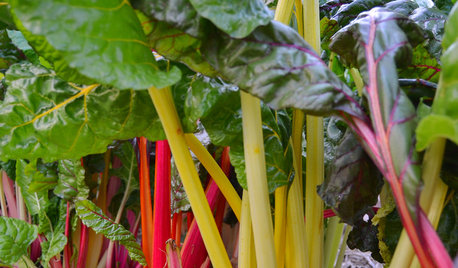
GARDENING GUIDESCool-Season Vegetables: How to Grow Chard
A year-round garden favorite with a colorful stem, Swiss chard comes into its own in early spring and in fall
Full StorySponsored
Columbus Area's Luxury Design Build Firm | 17x Best of Houzz Winner!
More Discussions







wally_1936